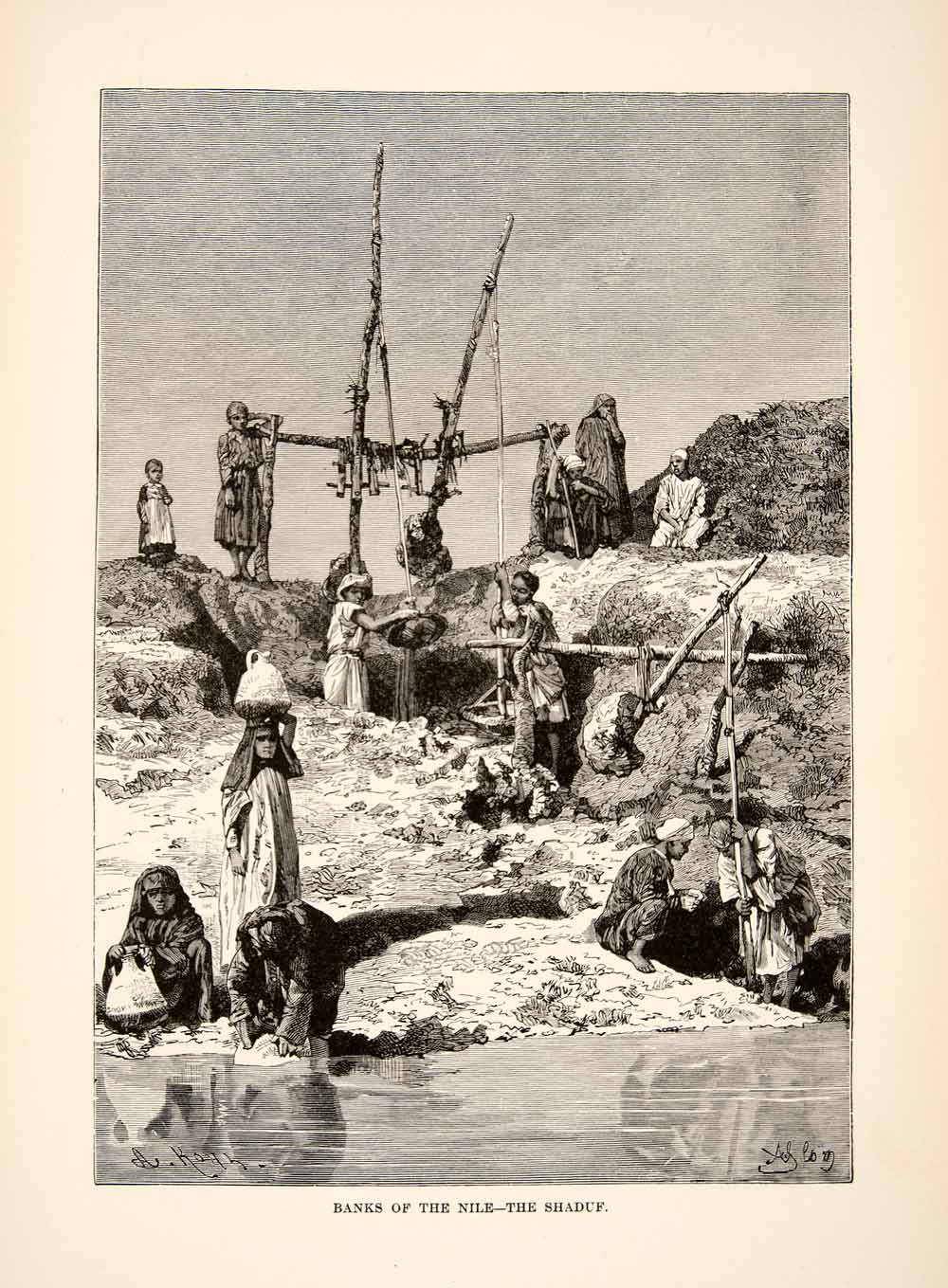With Dr Tatiana's lectures, we introduced sanitation to our discussion. I finally saw some explicit relation to gender; whereas we previously identified gaping inequities in water supply within African communities, Africa's "water problem" certainly extends beyond mere scarcity, and women receive much of the burden that comes with skyrocketing urbanisation, unplanned, makeshift infrastructure, and most crucially, cultural taboos to do with the issue of human waste management. We see how a history of downplaying the importance of hygiene still continues to implicate women today:
1. Where sanitation has been neglected for centuries, the domestic sphere is the last place where the use of already scarce water for the purpose of hygiene becomes acceptable. As I have brought up in previous posts, the home is the short end of the stick in the public-private dichotomy, where women perform all their labour but are never rewarded nor even recognised as labourers. Along that thread, as I have mentioned before, though daily life would not be possible without the preparation of food by (typically) women, washing one's hands before food preparation is often not viewed as an important or acceptable use of the scarce resource.
2. When sanitation is taboo and absent as a concern from infrastructural development, individuals need to take responsibility, often involving compromises. There is a need to dispel tropes which describe Africans as being "ignorant" or unaware of the importance of hygiene and sanitation; as we can see from point 1., individuals are more than aware of their cruciality, but do not have the infrastructural or social means to prioritise them.
African women know that their community toilets are far more hygienic alternatives to open defecation – but at night, in places without electric street lighting, going out to communal toilets alone is just not worth the risk of gender-based violence, nor is waiting to go in groups worth the effort. Amnesty International's report on the experiences of women in slums in Nairobi, Kenya, has an entire section devoted to sanitation, and how the lack of sanitation disproportionately affects women; for example, they note:
“Women, more than men, suffer the indignity of being forced to defecate in the open, at risk of assault and rape. Women, generally being responsible for the home and for children and other dependents, are most affected by a lack of sanitation and by the indignity of living without sanitation…"
"Women tell us regularly how they are at risk of being raped or assaulted after dark or at night if they were to attempt to walk even 100 metres to a latrine near their houses; what chance is there that they would use a facility that may be three times further as is the dominant case here in Kibera?…"
Concerns about safety are also ever so relevant when it comes to menstruation. Girls and young women choose not to go to school because they know that without proper disposal facilities, their tampons and pads may clog school toilets. We see how period poverty too comes under the umbrella of sanitation, and how menstrual waste is especially implicated as an object at the intersection of two already-subordinated identities – femininity and waste.
1. Where sanitation has been neglected for centuries, the domestic sphere is the last place where the use of already scarce water for the purpose of hygiene becomes acceptable. As I have brought up in previous posts, the home is the short end of the stick in the public-private dichotomy, where women perform all their labour but are never rewarded nor even recognised as labourers. Along that thread, as I have mentioned before, though daily life would not be possible without the preparation of food by (typically) women, washing one's hands before food preparation is often not viewed as an important or acceptable use of the scarce resource.
2. When sanitation is taboo and absent as a concern from infrastructural development, individuals need to take responsibility, often involving compromises. There is a need to dispel tropes which describe Africans as being "ignorant" or unaware of the importance of hygiene and sanitation; as we can see from point 1., individuals are more than aware of their cruciality, but do not have the infrastructural or social means to prioritise them.
African women know that their community toilets are far more hygienic alternatives to open defecation – but at night, in places without electric street lighting, going out to communal toilets alone is just not worth the risk of gender-based violence, nor is waiting to go in groups worth the effort. Amnesty International's report on the experiences of women in slums in Nairobi, Kenya, has an entire section devoted to sanitation, and how the lack of sanitation disproportionately affects women; for example, they note:
“Women, more than men, suffer the indignity of being forced to defecate in the open, at risk of assault and rape. Women, generally being responsible for the home and for children and other dependents, are most affected by a lack of sanitation and by the indignity of living without sanitation…"
"Women tell us regularly how they are at risk of being raped or assaulted after dark or at night if they were to attempt to walk even 100 metres to a latrine near their houses; what chance is there that they would use a facility that may be three times further as is the dominant case here in Kibera?…"
Concerns about safety are also ever so relevant when it comes to menstruation. Girls and young women choose not to go to school because they know that without proper disposal facilities, their tampons and pads may clog school toilets. We see how period poverty too comes under the umbrella of sanitation, and how menstrual waste is especially implicated as an object at the intersection of two already-subordinated identities – femininity and waste.


